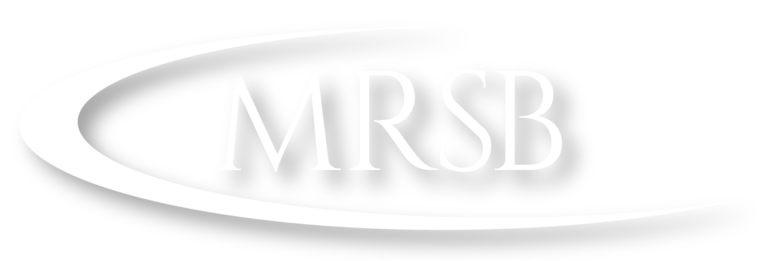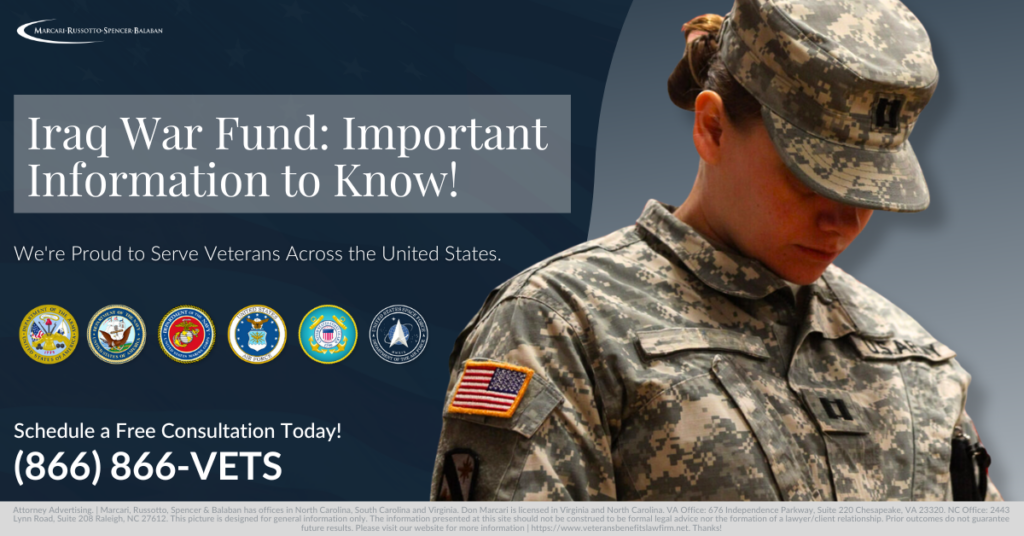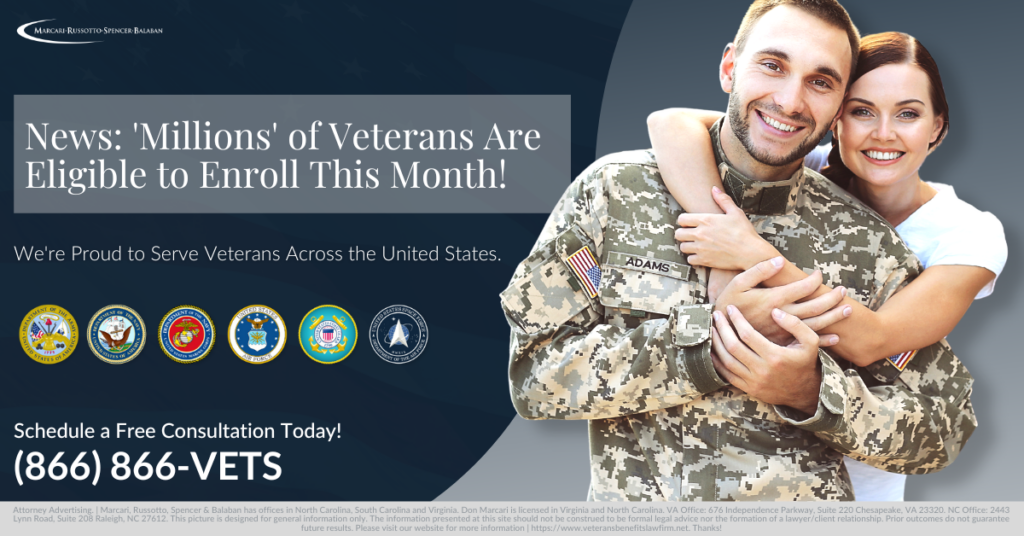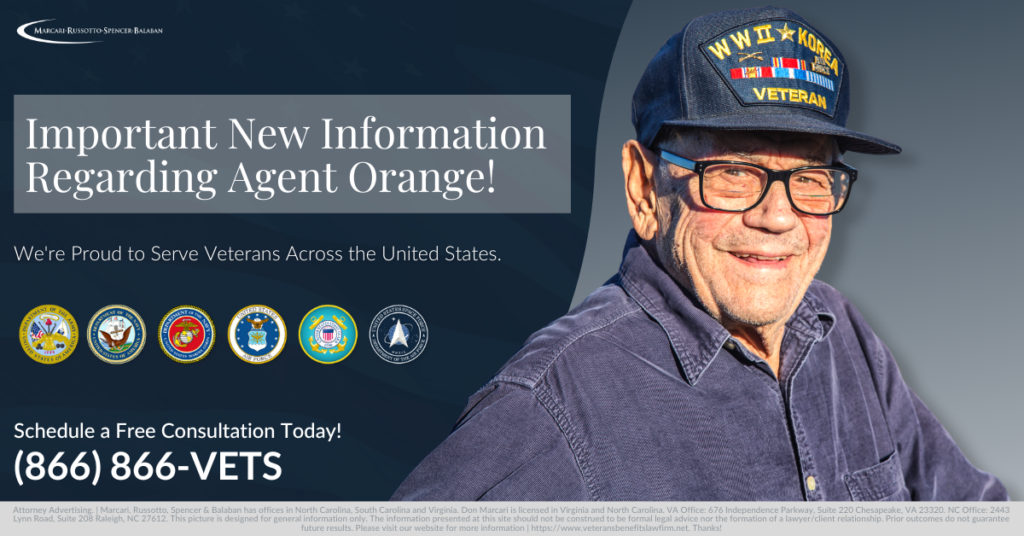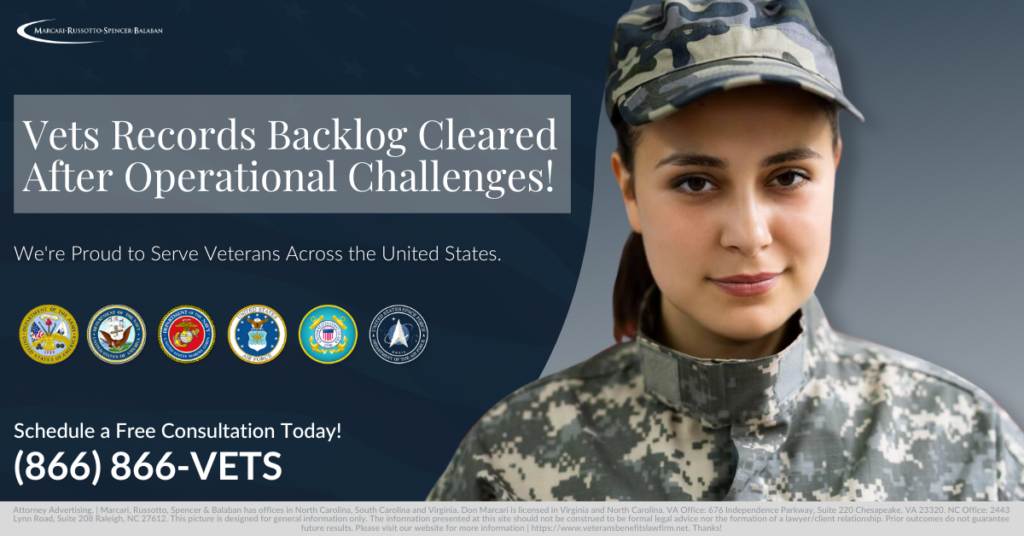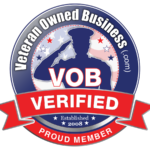Table of Contents:
ToggleIn response to concerns about the potential increase in scams targeting vulnerable Veterans due to the rapid expansion of assistance programs, Veterans Affairs officials have launched a new initiative.
This effort aims to combat fraud tied to department benefits, educate Veterans on how to spot scams, report suspicious actors, and access benefits assistance for free.
The Department of Veterans Affairs (VA) has witnessed a significant increase in benefits fraud cases this fiscal year.
With approximately 12,500 cases of potential benefits fraud under investigation and support provided to 1,164 victims of benefit scams, the need for proactive measures has become evident.
Part of this caseload is attributed to the implementation of new toxic exposure benefits legislation that was signed into law in August 2022.
This legislation marked a significant shift by providing financial compensation for various illnesses linked to war zone burn pit smoke inhalation.
Maureen Elias, VA Deputy Chief of Staff, highlights the scams posed by unaccredited representatives.
These individuals charge Veterans for filing their initial claims, a practice that is not legally permissible.
Some of these representatives operate in a gray area, charging exorbitant fees that can amount to six times the Veterans’ benefits payouts. The expansion of benefits can inadvertently create opportunities for fraudsters and scammers to exploit Veterans who may not be well-informed about the intricacies of VA rules and regulations.
Empowering Veterans Against Fraud
Recognizing the urgency of the situation, the VA has launched the www.va.gov/vsafe online page. This resource equips Veterans with the knowledge needed to identify scams, report suspicious actors, and access benefits assistance without incurring any costs. The information provided on this platform will be integrated into Veterans’ regular healthcare visits and interactions with processors, ensuring they will be continuously informed about available resources.
Regional office directors and medical center teams will actively engage Veterans in conversations, using straightforward language to educate them about recognizing scams and appropriate actions to take.
Maureen Elias, who is not only a VA Deputy Chief of Staff but also an Army Veteran and military spouse, shared her family’s personal experience with a scammer.
Their family was deceived, losing thousands to an individual who made false promises regarding the use of Veterans’ benefits to pay off home loans. She candidly admits that one of the reasons they fell victim to the scam was their lack of knowledge about verifying the promises made by the company against VA regulations.
Elias highlights the importance of inundating Veterans with information about fraud and scams so they can confidently identify and respond to such situations. By providing Veterans with the tools, they need to distinguish between legitimate claims and fraudulent schemes, the VA aims to empower them against fraudsters.
Warning Signs: How to Spot Veteran Scams
To protect themselves from scams, Veterans should be vigilant for certain warning signs, including:
Unsolicited calls from someone claiming to be from the VA.
Phone calls from a private caller ID or hidden phone number.
Calls from charities with which they have not interacted.
References to “secret” or little-known government programs.
Job ads for “previously undisclosed” government positions.
Requests for money for military records.
Urgent requests for upfront payments for jobs or properties.
Requests for credit card numbers, bank account information, or Social Security numbers.
Emails from public domain addresses instead of official .gov email addresses.
Messages with multiple spelling and grammar mistakes.
Communication that conveys a sense of urgency or uses threatening language.
Responding to Veteran Scams
Unsolicited Phone Calls:
If Veterans receive unsolicited phone calls that raise suspicions, they should hang up immediately. If the call is from an organization they recognize, they can request caller credentials and then call back using the organization’s official number.
Property Discounts:
Veterans should not make any payments on Veteran-discounted properties until they have a signed, written contract with the seller.
“Secret” Government Funding:
To verify the legitimacy of government funding claims, Veterans should consult the VA website for a list of legitimate Veteran loan programs.
Job Applications:
Veterans should exercise caution when filling out job applications. They should avoid providing their Social Security numbers unless they have verified the legitimacy of the job opening by contacting the company’s HR department.
Phishing Emails and Texts:
When encountering phishing emails and texts, Veterans should refrain from clicking on any links or downloading attachments. They should carefully inspect the “from name” to ensure it matches an official website. Suspicious emails should be deleted and reported as spam. Veterans should never wire money to strangers, regardless of the promises made.
Suspicious Websites:
Before entering personal information on a website, Veterans should ensure that it is “secure.” For added security, they can consider using a VPN with malware protection to safeguard their devices and Wi-Fi networks.
Reporting Fraud Against Veterans:
If Veterans believe they have fallen victim to Veteran fraud perpetrated by individuals claiming to represent the Department of Veterans Affairs, they can report the incident using VA Form 10-0500.
Protecting our Veterans from fraudulent schemes and scams is a shared responsibility. By providing our Veterans with the knowledge and tools needed to safeguard their benefits, we can honor their service and ensure they receive the support they rightfully deserve.
